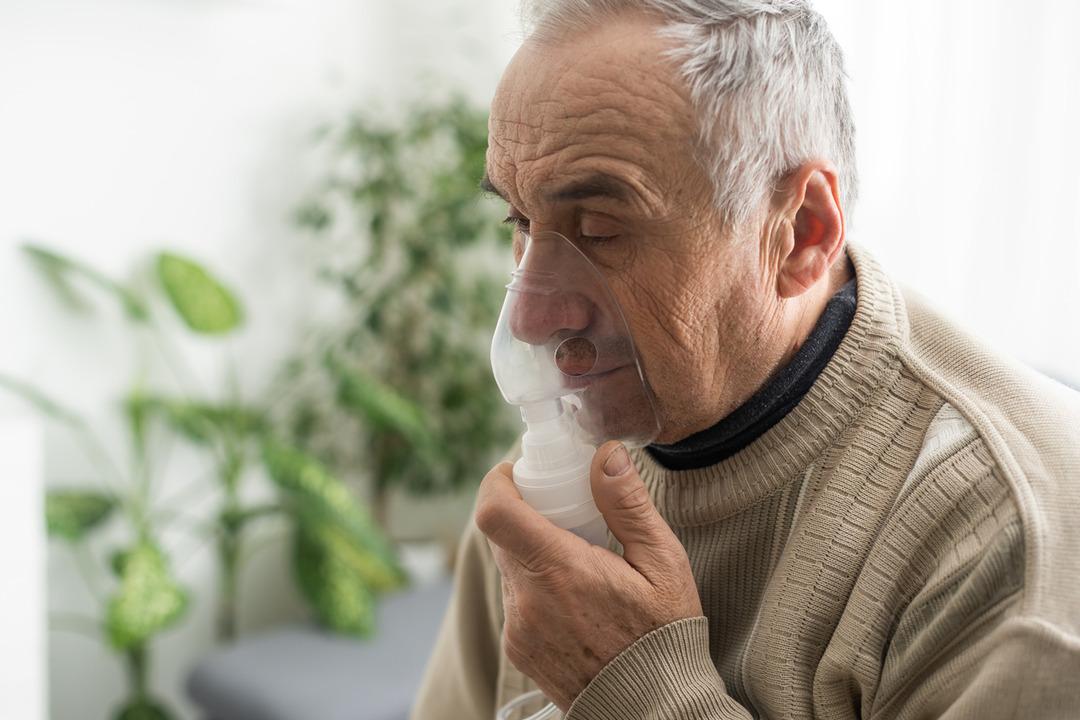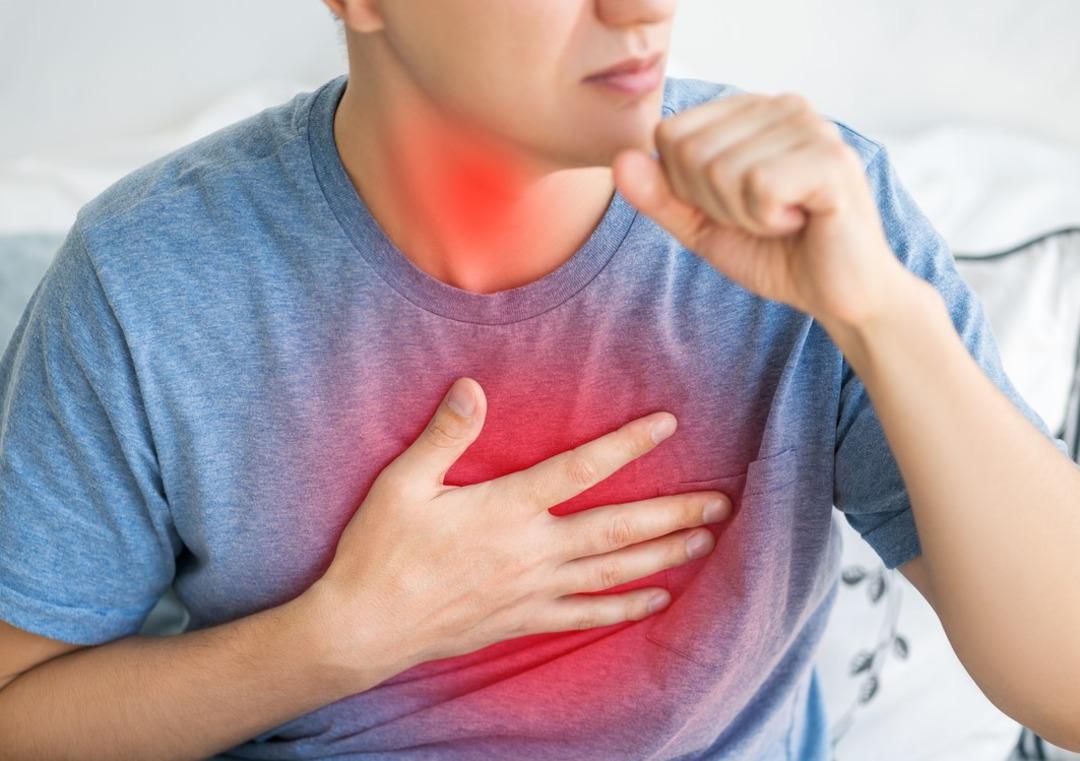Specialist said that COPD is a disease that narrows the airways and makes breathing difficult. Dr. Ercan said, “Generally, patients may experience various symptoms, from cough and sputum to shortness of breath that occurs even during short-distance walking. COPD, which is the 4th cause of death in the world and the 3rd cause of death in our country, unfortunately progresses insidiously and if it is not diagnosed early, treatment will be inadequate. The most important cause of the disease is smoking. Quitting smoking is the single most effective intervention that reduces the risk of developing COPD and stops the progression of the disease. Take it into consideration if you have a cough that lasts more than 3 weeks. “COPD may be the underlying cause,” he said.
“QUITTING SMOKING REDUCES THE RISK”
Specialist points out that smoking should not be consumed to reduce the risk of COPD. Dr. Ercan said, “Unfortunately, COPD does not end by quitting smoking, but it slows down the disease. Medicines used for COPD only reduce patients’ complaints of shortness of breath. Therefore, the basis of COPD treatment is to quit smoking,” he said.
“IT IS EXAMINED IN 4 PHASE”

Talking about the diagnosis process, Specialist. Dr. Ercan said, “In patients with complaints, the diagnosis is made by respiratory function test and the severity of the disease is determined. It is examined in 4 stages: mild, moderate, severe and very severe. In very severe stages, heart failure may occur and blistering (edema) begins in the feet. In patients who develop heart failure, shortness of breath becomes very severe in the later stages of the disease and patients become unable to leave the house. “Patients in this period are now connected to the oxygen machine for more than half of the day,” he said.
“TREATMENT WAYS”

Specialist Dr. Ercan listed the stages in the treatment process of COPD as follows:
“Evaluation and monitoring of the disease, reduction of risk factors, treatment of stable COPD with pharmacological and non-pharmacological approaches, treatment of acute exacerbations characterized by short-term worsening of COPD symptoms.”

Specialist Dr. Ercan said, “Stable COPD treatment includes the use of bronchodilator medications for complaints and a flu vaccine once a year. He concluded his statements by saying, “Non-pharmacological treatment approaches include interventions such as respiratory rehabilitation programs, oxygen therapy and bronchoscopic valve placement applied in a limited number of cases.”
UAV
